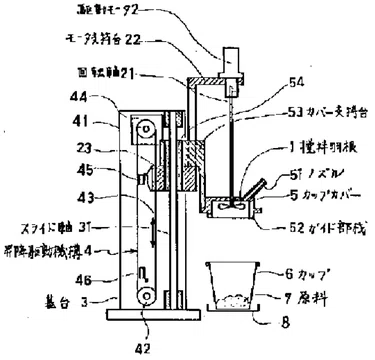
The short answer is: it depends on the judge.
These days, most Delaware patent plaintiffs are incorporated in Delaware but not located here. Different District of Delaware judges have gone different ways on the question of whether a plaintiff's location actually matters when considering whether to transfer a case out of Delaware.
Transfer motions are governed by the twelve "Jumara factors," and plaintiff's choice of forum gets "paramount" weight except—some judges have held—when the plaintiff is not actually located in Delaware.
Judge Connolly today answered this question with a resounding "no," holding that the location of plaintiff's principal place of business does not matter to whether it's choice of forum gets paramount weight: …


